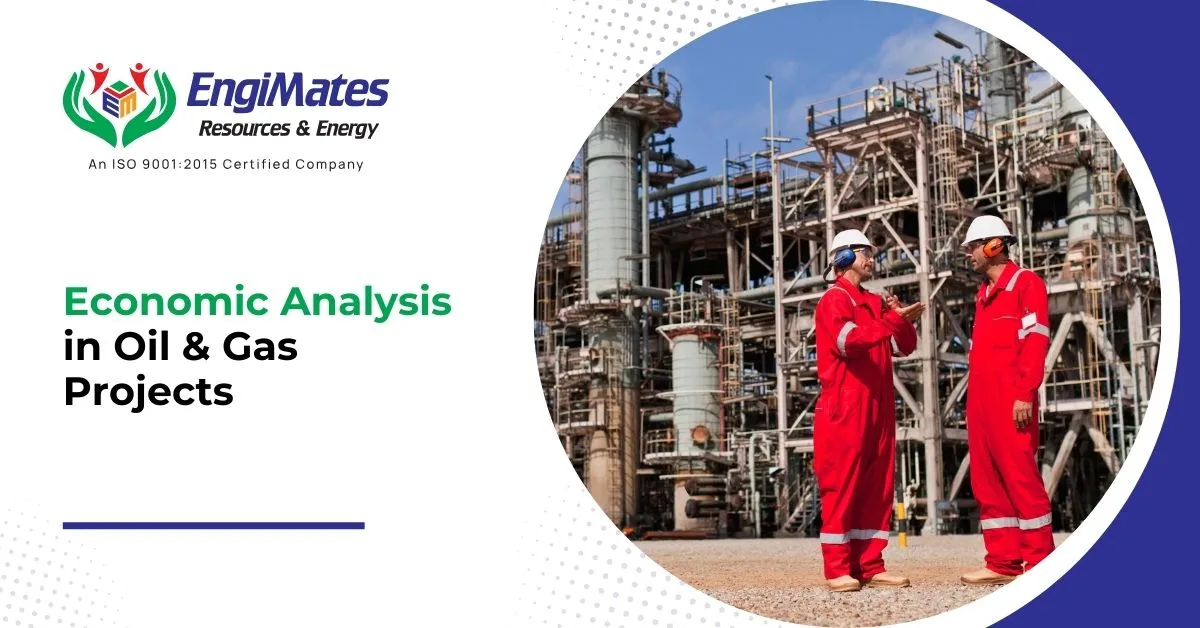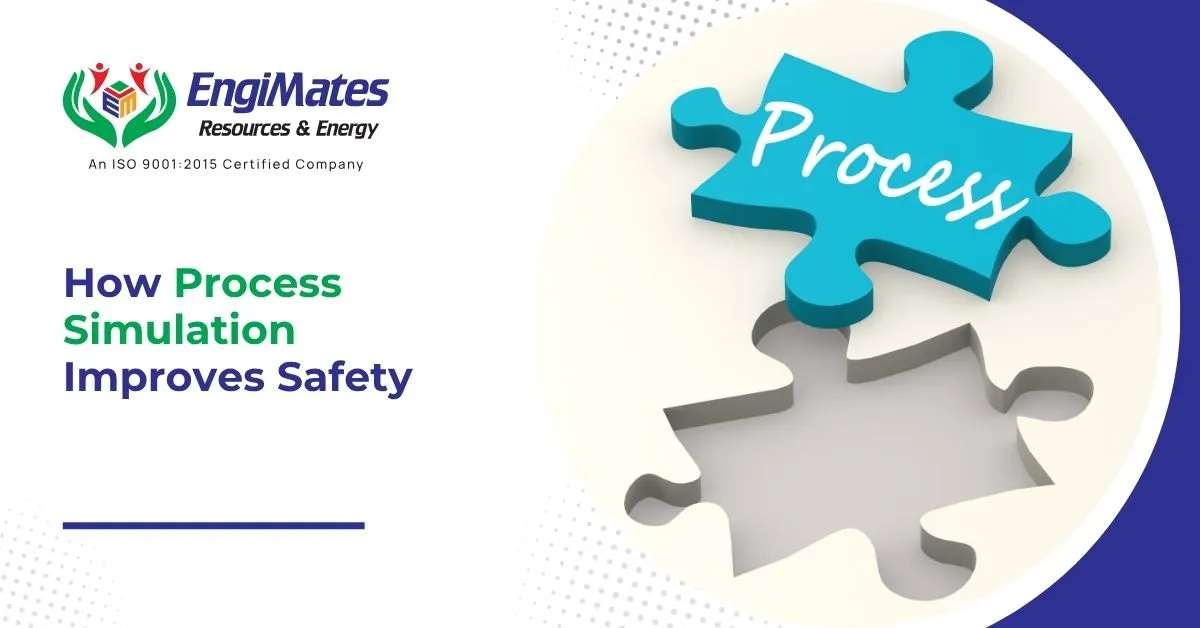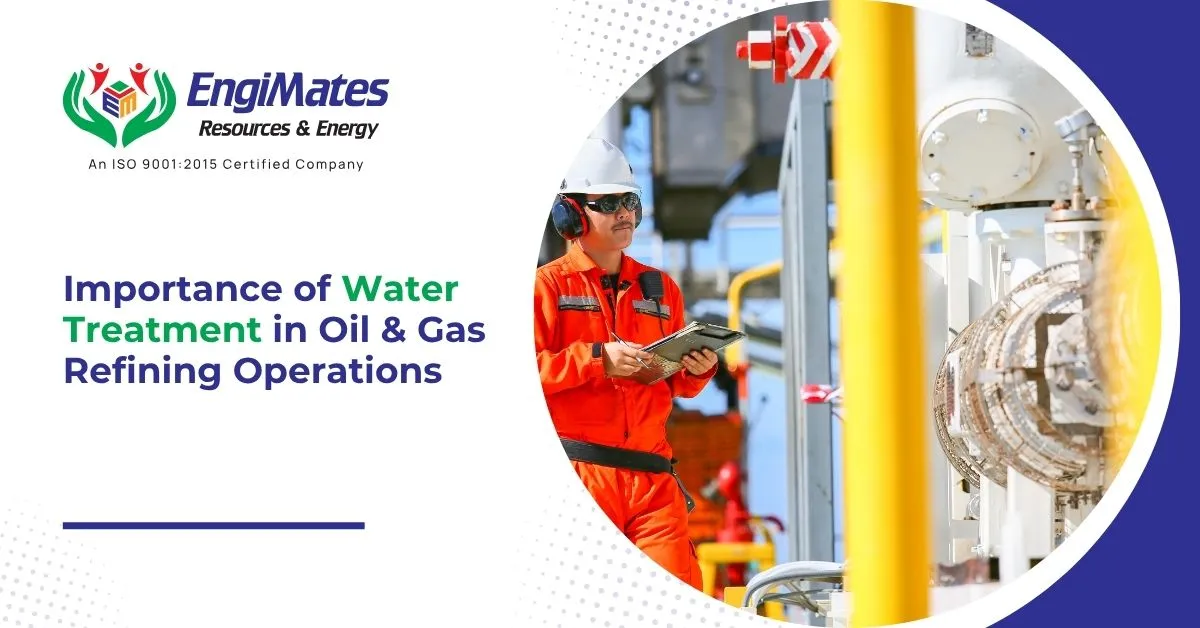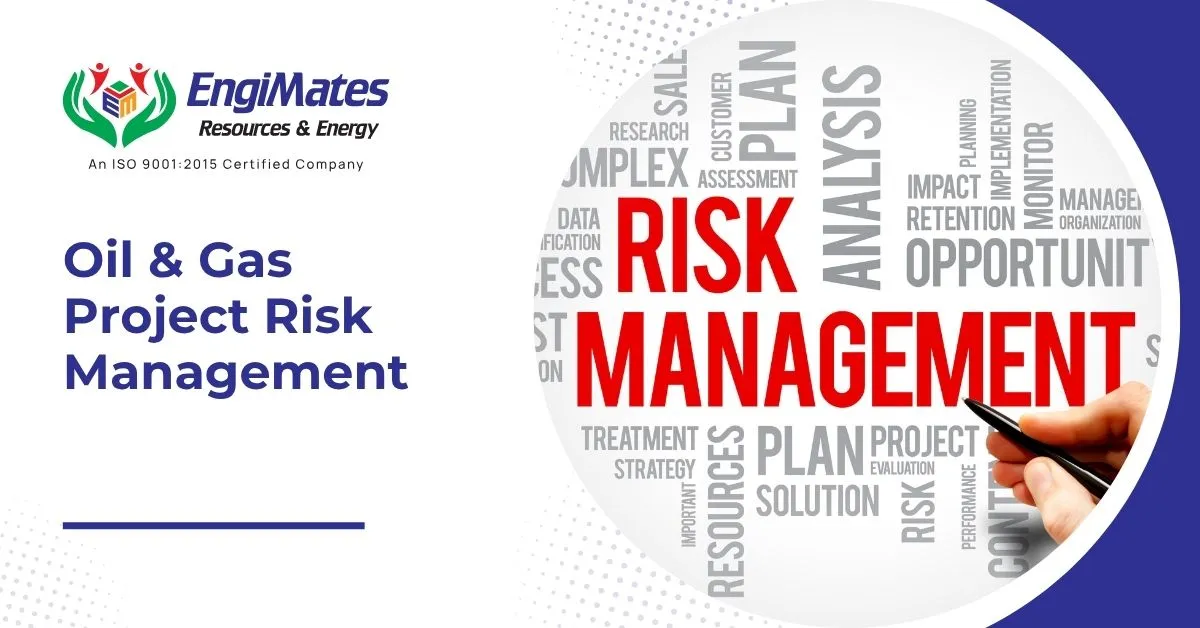Safety is a top priority in the oil, gas, and refining industry, where complex systems…

In the highly capital-intensive world of oil and gas, economic analysis is the backbone of successful project execution. It allows decision-makers to assess profitability, manage risks, and make informed investment choices that align with long-term business objectives.
Table of Contents
Whether it’s upstream exploration or downstream refining, integrating robust economic evaluation ensures projects are both technically viable and financially sound.
Why Economic Analysis is Crucial in Oil & Gas Projects
Economic analysis in the oil and gas industry helps answer fundamental questions such as:
- Is this project economically viable?
- What is the expected return on investment?
- How sensitive is the project to oil price fluctuations?
- What is the break-even point?
By analyzing financial metrics, companies can minimize risk, optimize resource allocation, and prioritize projects with the highest strategic value.
Components of Economic Analysis
- CAPEX & OPEX Estimation
Capital Expenditure (CAPEX) and Operational Expenditure (OPEX) are foundational to any economic evaluation. Accurate estimates of equipment, infrastructure, labour, and ongoing operational costs help define the project’s cost baseline.
- Net Present Value (NPV)
NPV calculates the current value of projected future cash flows. A positive NPV indicates profitability, while a negative NPV suggests potential loss.
- Internal Rate of Return (IRR)
IRR is the discount rate that makes the NPV zero. It’s a critical metric used to compare competing projects and gauge profitability.
- Payback Period
This measures how quickly an investment can recover its costs. While not as comprehensive as NPV or IRR, it provides insight into cash flow timing.
- Sensitivity & Scenario Analysis
These techniques examine how changes in variables—like oil prices, tax rates, or production volumes—impact project outcomes.
The Role of Economic Models
Economic models use a combination of technical inputs (like reservoir data and production rates) and financial inputs (costs, taxes, royalties) to simulate project performance. These models enable forecasting and support informed decision-making at every stage of development.
Common Tools:
- Cash Flow Models (DCF)
- Risk Assessment Tools (Monte Carlo Simulations)
- Scenario Planning Software
Ready to make smarter investment decisions in your oil & gas projects? Contact us for expert economic analysis and project evaluation services.
Challenges in Oil & Gas Economic Analysis
- Volatile Market Conditions: Global oil prices fluctuate rapidly, impacting cash flows.
- Regulatory Uncertainty: Tax regimes and environmental policies differ by country.
- High Upfront Investment: Requires strong justification through economic returns.
- Long Project Lifecycles: Makes forecasting difficult due to many unknowns.
Economic Analysis Across Project Phases
| Project Phase | Focus of Economic Analysis |
| Exploration | Risk vs Reward, Prospect Valuation |
| Appraisal | Resource Estimation, Preliminary Economics |
| Development | Full-Field Development Planning |
| Production | Cost Optimization, Performance Monitoring |
| Decommissioning | Cost Recovery, Asset Retirement Obligations |
Best Practices for Effective Economic Evaluation
- Use conservative assumptions to mitigate risk.
- Incorporate realistic pricing forecasts.
- Regularly update economic models with current data.
- Align economic outcomes with strategic goals and sustainability.
Frequently Asked Questions
What is economic analysis of a project?
Economic analysis of a project involves evaluating costs, revenues, risks, and returns to determine its financial feasibility and long-term profitability.
What is the economic impact of oil and gas?
The oil and gas industry significantly contribute to GDP, job creation, energy security, and government revenues through taxes and royalties.
What are the economic factors affecting the oil and gas industry?
Key factors include global oil prices, supply and demand dynamics, geopolitical tensions, taxation policies, and technological advancements.
What is the economic importance of oil and gas?
Oil and gas are vital to powering industries, transportation, and infrastructure, making them essential drivers of economic growth and national development.
Conclusion
A thorough economic analysis is essential for maximizing returns and minimizing risk in oil and gas projects. From assessing NPV and IRR to performing sensitivity analysis, each tool and model provides a layer of financial clarity that supports confident, data-driven decision-making.




